
This article introduces the concept of 'wellbeing stripping'–when projects for the 'public good' overlook, devalue, or harm the assets of marginalized communities.
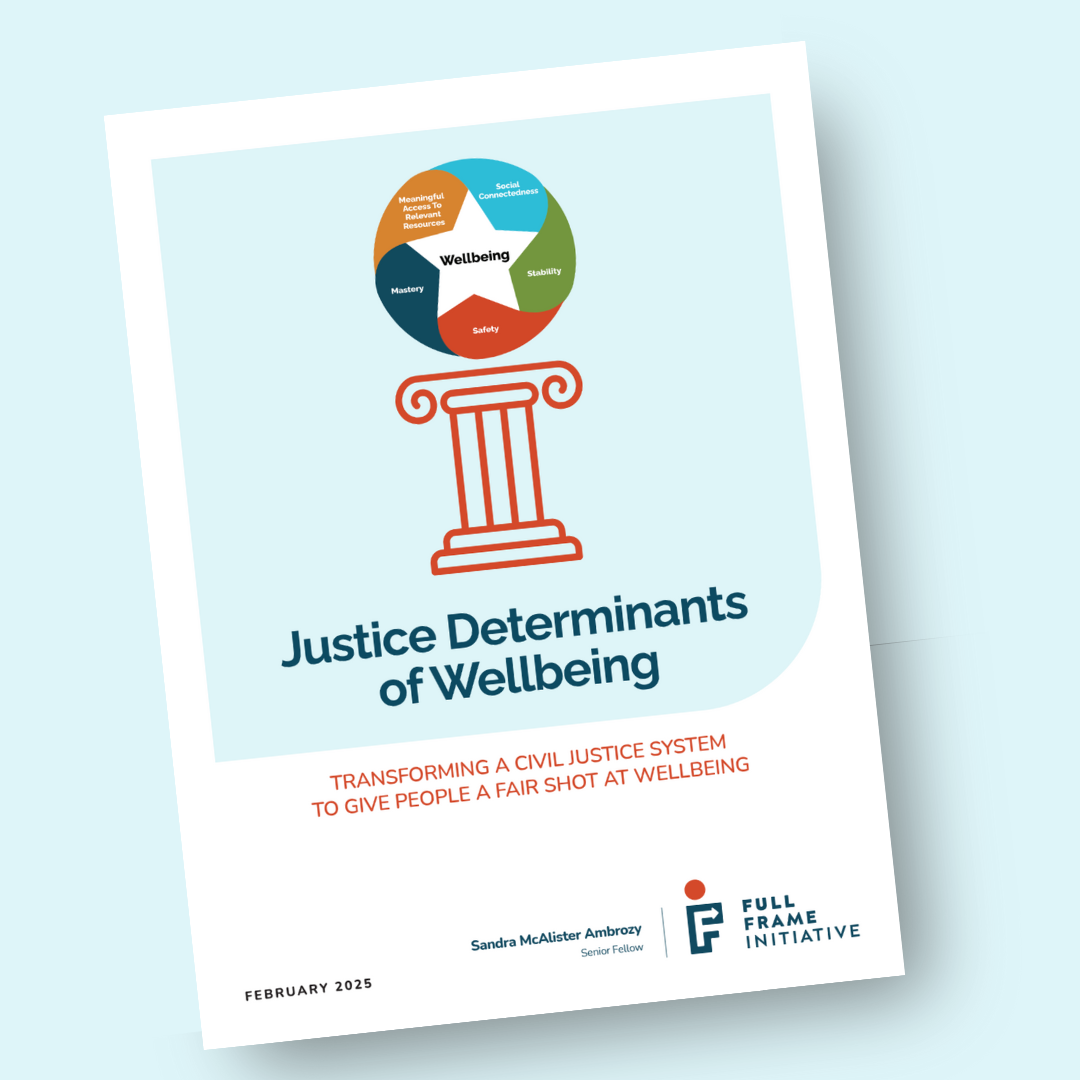
The Justice Determinants of Wellbeing outlines concrete changes to transform the civil legal system into a civic justice system that advances equity and centers wellbeing.

This slide compares non-trauma-informed, trauma-informed, and wellbeing-centered approaches, emphasizing that wellbeing design must be rooted in trauma-informed care.
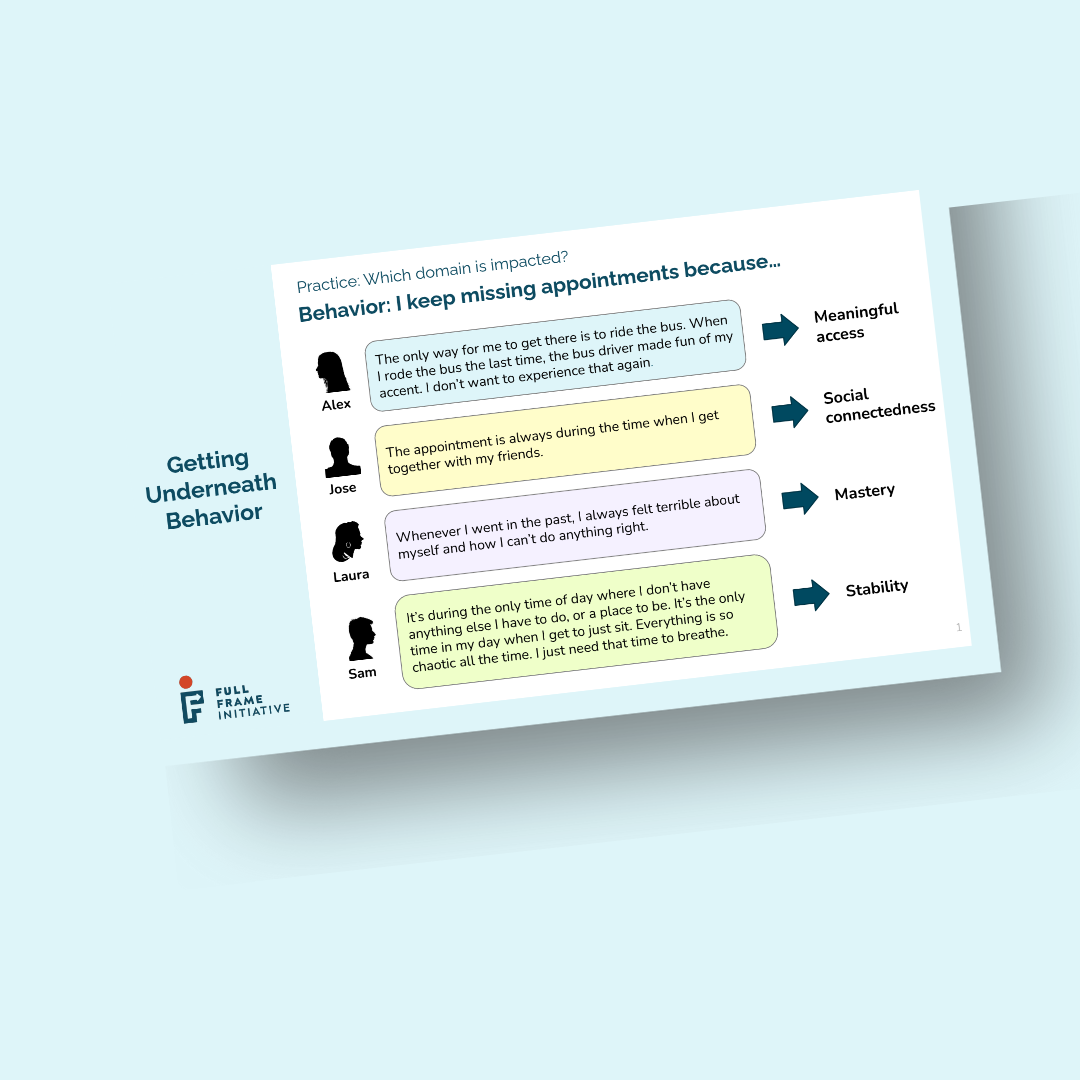
This resource is a collection of examples that connects behaviors with the Five Domains of Wellbeing and explains how the same underlying behavior can be connected to a different domain.
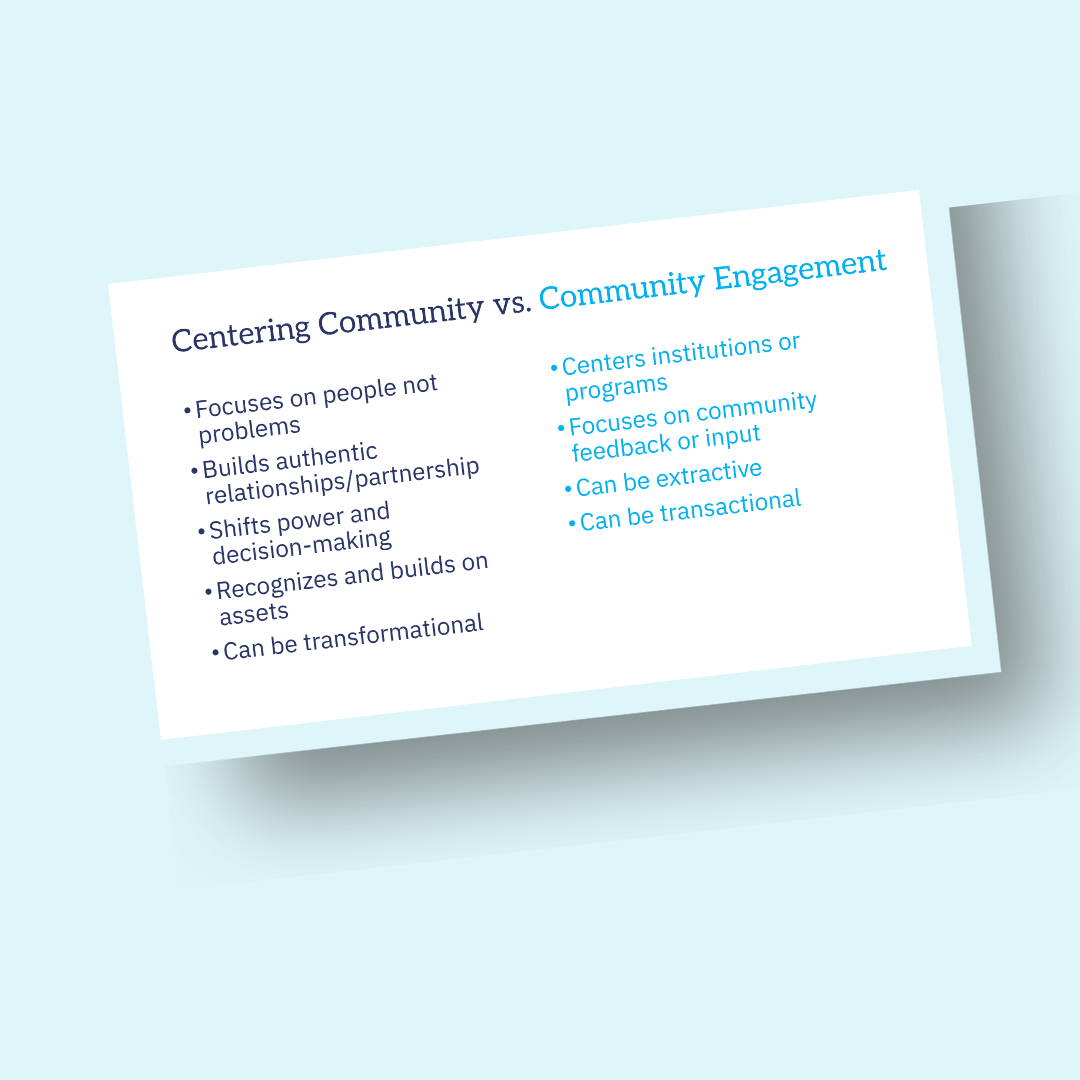
This slide highlights the differences between traditional community engagement and centering community.

Rich Hill is a documentary film that tells the story of young boys in Missouri experiencing poverty.

This slide illustrates the difference between traditional case management and plan facilitation that focuses on what matters to the individual and shifts power.

This slide illustrates the difference between safety planning and wellbeing planning to support the case planning process with the wellbeing framework embedded.

This slide illustrates the difference between traditional assessment and using co-assessment with the wellbeing framework embedded.

These workbooks (one for adults, one for teens and one for kids) are designed to help people identify what's working, and what's getting in the way of their journey toward wellbeing.
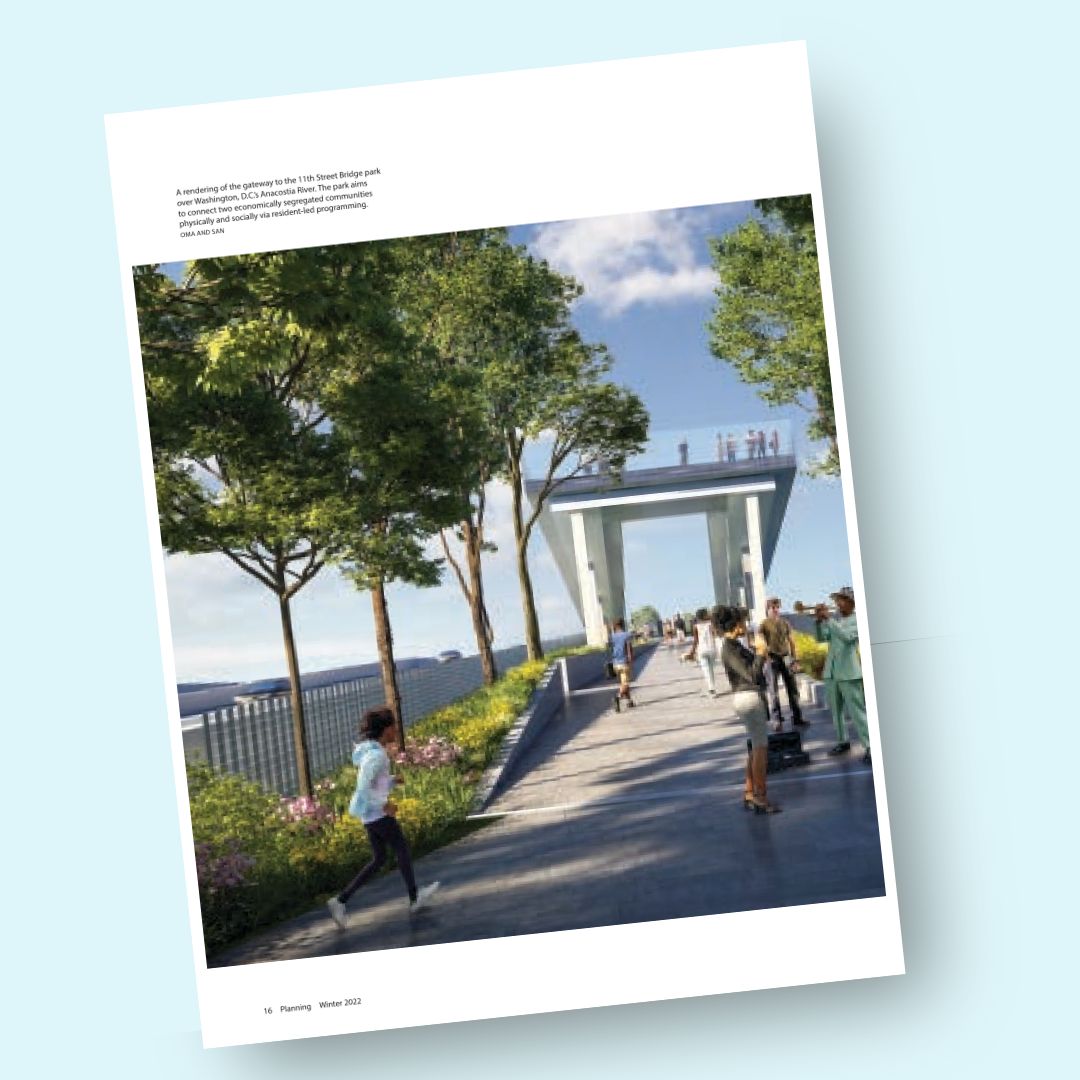
Brookings Metro Senior Fellow Xavier de Souza Briggs and Full Frame Initiative CEO Katya Fels Smyth outline a framework grounded in the Wellbeing Blueprint to guide new investments in the built environment.
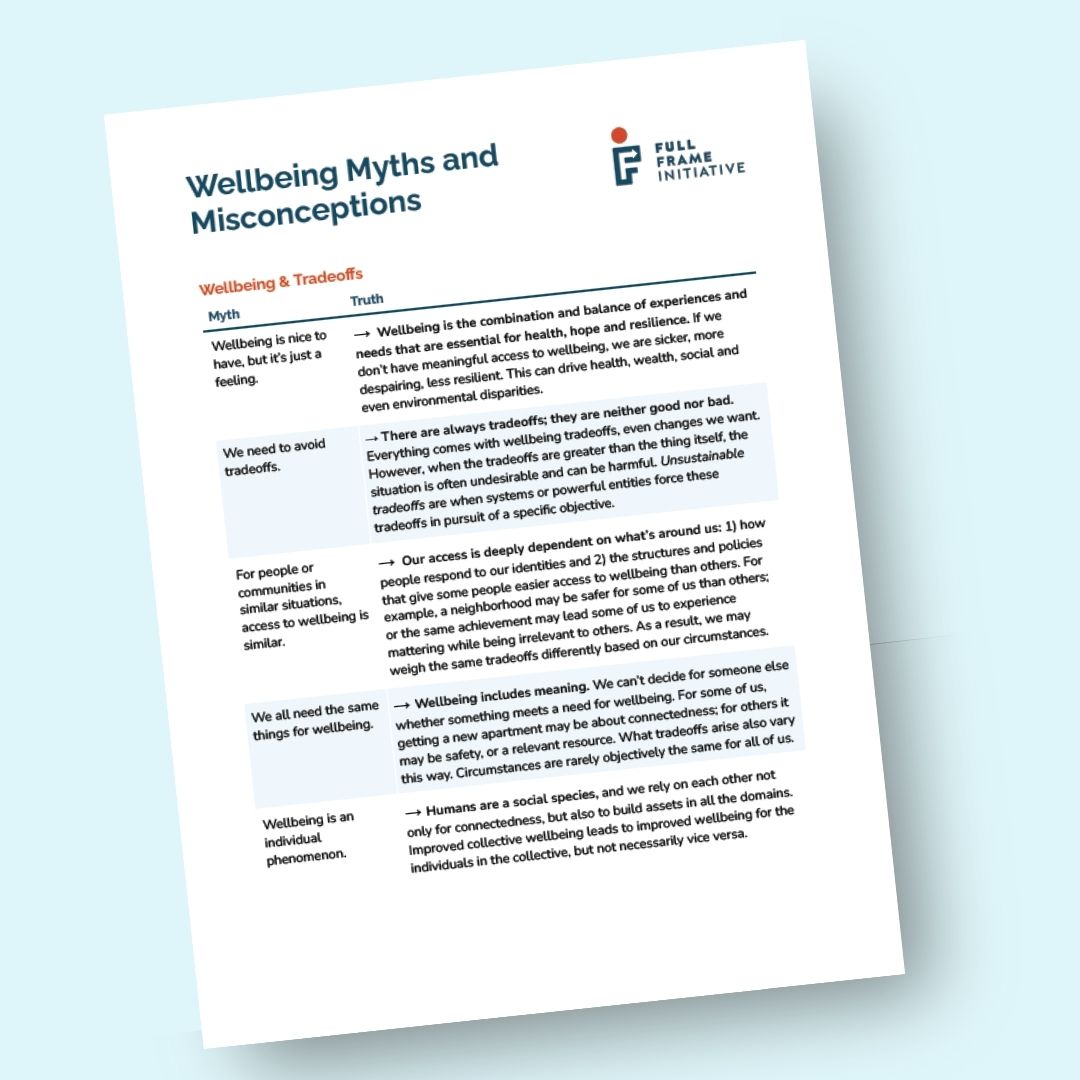
Wellbeing isn't just a "nice to have." In this resource, we break down the myths and misconceptions about wellbeing and tradeoffs.